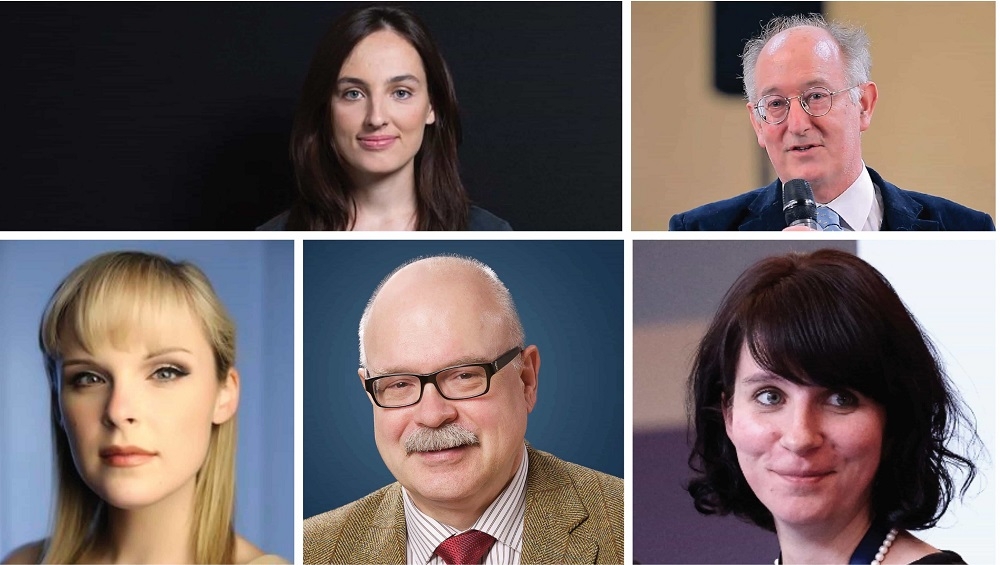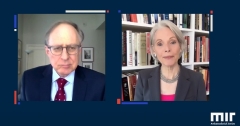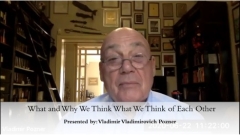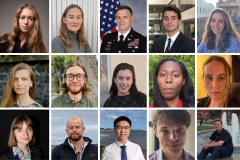Monterey Initiative in Russian Studies Launches U.S.-Russia Ambassador Video Series
| by Sarah Ray
As U.S.-Russia rhetoric intensifies, new video series brings together eight former ambassadors to reflect on decades of complex relations. The collection, released by the Monterey Initiative in Russian Studies, is the first known set of interviews of all but one of the living U.S. ambassadors to the Soviet Union/Russian Federation.




